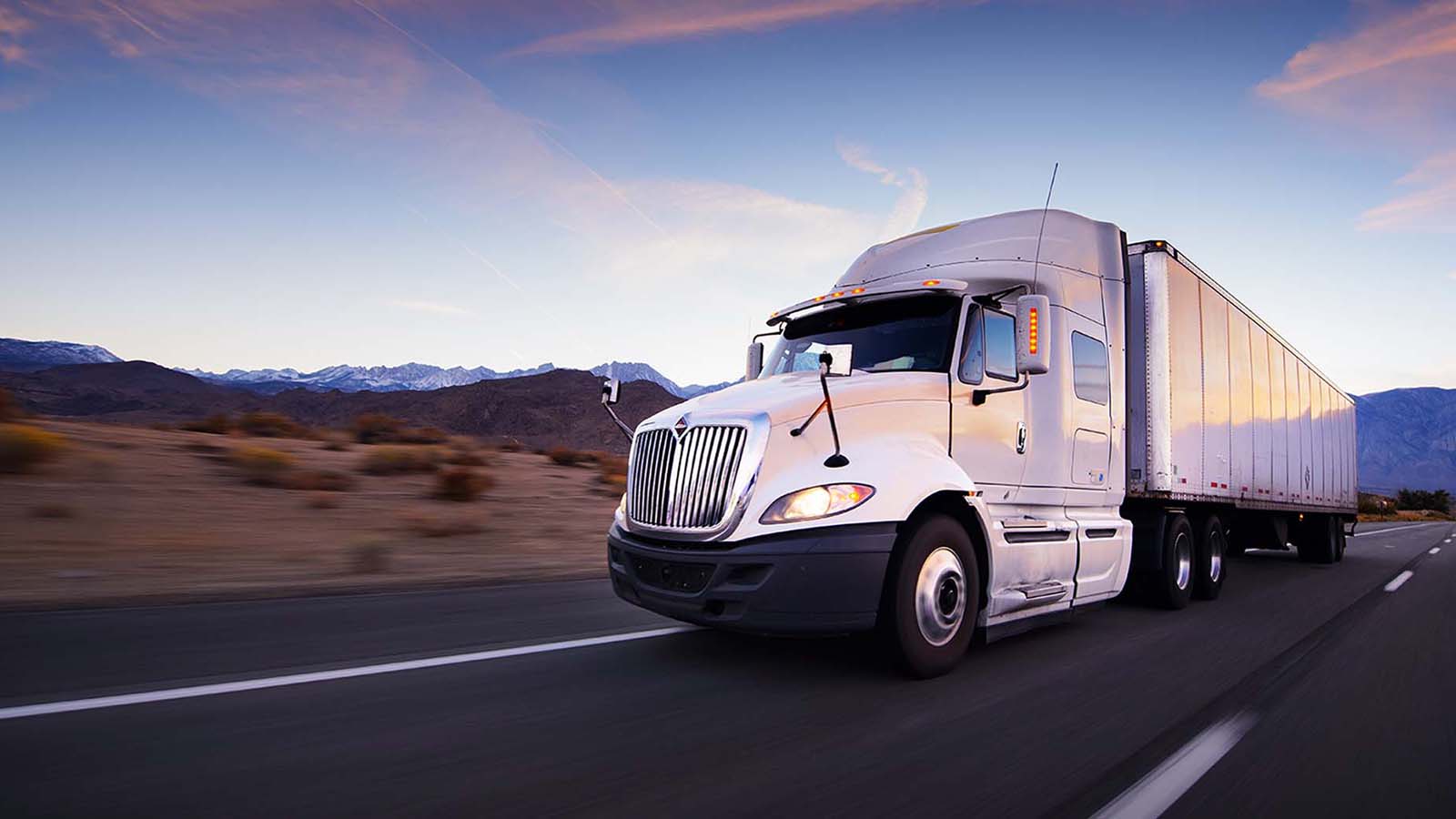Colorado Imposes New Retail Delivery Fee as of July 1, 2022
Related
Never miss a thing.
Sign up to receive our insights newsletter.

Colorado has implemented a new “retail delivery fee,” which is a tax of $0.27 per delivery of a taxable product. The fee, effective July 1, 2022, will be imposed on the buyer but will require retail sellers and marketplace facilitators to collect and remit the tax by filing a separate return.
The retail delivery fee will be imposed on all deliveries by motor vehicle to a location in Colorado with at least one item of tangible personal property that is subject to state sales or use tax. A delivery occurs when taxable goods are mailed, shipped, or otherwise delivered by motor vehicle to a purchaser in the state.
Multiple Sales and Deliveries
The retail delivery fee is based on each sale for delivery to a customer regardless of the number of physical deliveries it takes to complete a sale. For example, if a customer purchases a number of items at the same time, only one retail delivery fee is due even if it takes multiple deliveries to complete the sale. If a customer orders a number of items and completes the purchase of each item at different times, the retail delivery fee is due on each sale even if all of the sales are completed in one delivery.
Exempt Items
A delivery is exempt from the retail delivery fee only if every item in the sale is exempt from sales tax. The retail delivery fee is due if at least one item in the sale is subject to sales tax. Similarly, while wholesale sales are not subject to the fee, the seller must collect the retail delivery fee if a delivery includes an item that is subject to state sales or use tax.
Third-Party Delivery Services
The retail delivery fee will apply to deliveries made by third parties regardless of who owns and operates the motor vehicle used in the delivery. The retailer that collects and remits sales or use tax is required to collect and remit the retail delivery fee for the third-party delivery.
Account Registration
Retailers will be required to have both a sales tax account and a retail delivery fee account. Both in-state and out-of-state retailers with an active sales tax account, a retailer license, and with any sales tax liability reported after January 1, 2021 will be automatically registered for a retail delivery fee account by July 1, 2022. There is no license required or registration fee due.
After July 1, 2022, retailers in existing locations can create an account online. Filing a DR 1786 retail delivery fee return will also register the retailer for an account. Additionally, the Colorado Sales and Use Tax System (SUTS) will allow retailers to sign up for an account. Retailers will be able to add the delivery fee account when opening a new location or by submitting a CR 0100AP form.
Listing of Fees
The retailer must list the fee on the purchaser’s receipt or invoice as a separate item called “retail delivery fees.” While the retail delivery fee is actually six different fees, retailers must show the total of the fees on the receipt or invoice as one item.
Reporting
The retail delivery fee is reported and remitting using the new DR 1786 form. Returns are due along with the retailer’s sales tax return by the 20th day of the month following the reporting period. Retailers permitted to file state sales or use tax returns on a quarterly, annual, or other basis will file the retail delivery fee return on the same schedule. The fee is collected state-wide and does not need to be separated by jurisdiction.
Errors and Returned Items
A retailer that overpaid the fee on any previously filed return may claim a credit on their current return against the amount owed. An overpayment would occur, for example, if a retailer remitted a delivery fee on items not subject to the fee. A retailer, however, cannot claim credit for an overpayment on a current period if the retailer filed an amended return for the prior period or the Colorado Department of Revenue adjusted the fee for the prior filing period. Returned goods for items that are subject to sales tax are considered allowances that may appear as a credit on the sales tax return.
The new “retail delivery fee” presents an additional compliance challenge in Colorado’s complex sales and use tax system. Weaver can assist companies by helping them determine delivery fee liability along with reporting and remitting payment on the new DR 1786 form.
Read the most updated version here.
© 2022
